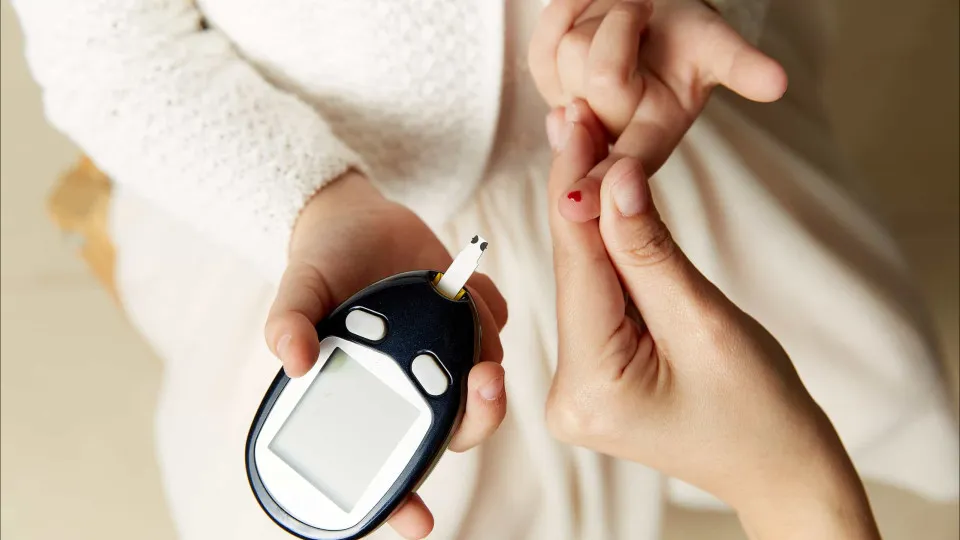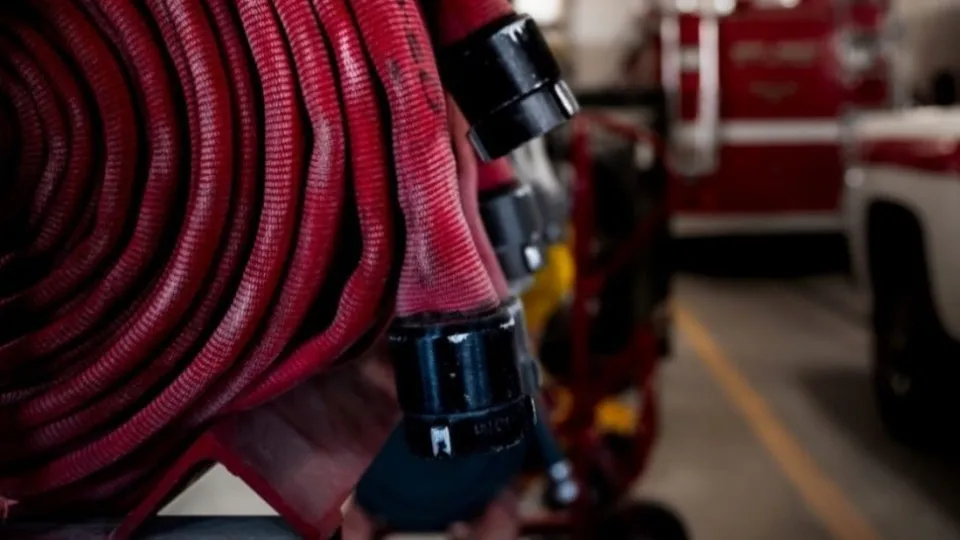
A pioneering screening in Portugal, part of the European project EDENT1FI, was conducted by the Associação Protetora dos Diabéticos de Portugal (APDP) through the campaign “Does Your Child Have a Predictive Finger?” It involved 10,000 children aged 3 to 17, screened at schools, events, youth organizations, health centers, and hospitals across the country over nearly 14 months.
The data, presented today at the 7th National Congress of APDP in Lisbon, indicates that the prevalence of pre-clinical stage type 1 diabetes (defined by the presence of two or more antibodies) was 0.33%, meaning one in every 300 children screened is already silently developing the disease before any symptoms appear.
“These results mark a paradigm shift in how we approach type 1 diabetes, particularly because they challenge the common perception that type 1 diabetes is primarily hereditary and inevitable,” stated APDP Clinical Director João Raposo in a release.
João Raposo emphasized that for the first time, a large-scale identification of children in the very early stages of the disease was achieved in Portugal, long before the presentation of symptoms.
The expert pointed out that “this ‘window of opportunity’ is critical.”
“We know that most cases appear sporadically. A population-wide screening allows us to identify these children years before the first symptoms and, more importantly, before the serious and potentially fatal complications that still mark the diagnosis for many children,” added Raquel Coelho, pediatrician and medical coordinator of the Children and Youth Department of APDP.
The study’s conclusions highlight the importance of early screening and diagnosis, given that type 1 diabetes is a chronic autoimmune disease in which the body’s immune system progressively destroys insulin-producing cells, a process that begins years before symptoms manifest.
“By identifying at-risk children before this phase, it is possible to start medical and educational follow-up to prevent acute complications, improve disease management, and reduce the substantial clinical and psychosocial impact on the child and their family,” emphasized the APDP.
According to the association, children identified in early stages of type 1 diabetes through the screening were integrated into the “EDENT1FI FOLLOW” program, receiving care tailored to their risk level, therapeutic education, and psychosocial support, ensuring a much safer and monitored entry into life with the disease.
The EDENT1FI project is a European collaboration involving 28 partners from 13 countries, including academic institutions, industry, and patient associations.
It is supported by the Innovative Health Initiative Joint Undertaking (IHI JU), the European Union’s Horizon Europe program, and other private and philanthropic organizations.
“In Portugal, the initiative ‘Does Your Child Have a Predictive Finger?’ was successfully implemented, reaching its target of ten thousand screenings (initially planned for the four-year duration of the campaign) in just 14 months,” noted the APDP.




